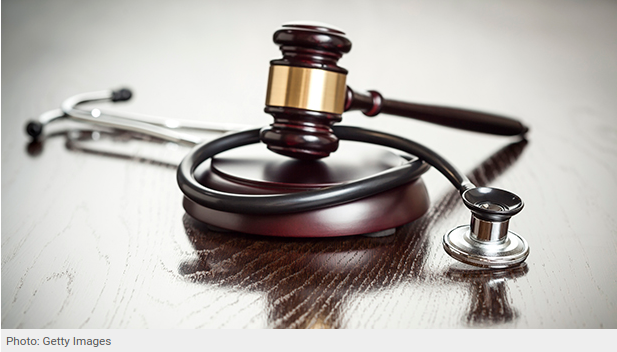The Irish Medical Times - Ethical shift: what will be the ethical debates of the future?
However, as people strain to sustain themselves and the environment, has meat had its day? Will eating meat become abhorrent, a peckish peccadillo for the depraved? If someone shared a photo of a BBQ or a butcher shop, would it be obscene?
Another relatively recent swing is the strong push to lower emissions. We are not that far off from affordable clean energy. Once we are all comfortably in the green, will we look back at our fossil fuelling days with contempt and judgement? Arguably, that’s already under way (not to say it's not warranted).
Humans can become entrenched in their beliefs, a strong sense of right and wrong. At some point shortly after adolescence our neural models are formed, laying down the essence of who we are. If people strongly disagree or disapprove of our world (our neural models) we can have the same fight-or-flight response that a physical threat would evoke. Have you ever seen someone deliberately throw trash on the street, and you have that split second of moralising adrenaline when you think of picking up the trash and tearing down the street after the person, waving the crushed coke can in their face? Maybe that’s just me.
To avoid these can-waving moments we tend to surround ourselves with like minded people and bond with them. Therefore it can be very hard and painful to effect change. We literally need to crack open our minds and allow ourselves to debate, to evolve, to change our minds. So it’s not surprising that a lot of change comes from the younger generations who are less set in their neural ways. Their formative norms are not our norms.
Out of my daughter's friend group there are other children who are IVF babies. What will make their news headline?
Maybe in the future all babies will have detrimental genes edited out - such as cancer causing BRCA. Right now we see gene editing as controversial, but will future generations look back and be confused by our hesitancy. If we only allow gene editing to remove risk and make someone a better version of themselves, what defines ‘better’? That’s a slippery genetic slope, it will be interesting to see how generation alpha handles that one.
Sometimes economics will force a change in thinking. Every continent in the world engaged in slavery at one point (of every shape and shade of person), now most evolved countries see it as illegal. As abhorrent as it was, and however obvious the abolition of slavery seems now, it wasn't all to do with enlightened morals. It coincided with the harnessing of fossil fuels rendering droves of manpower less of a necessity. Technology can speed up our ethical frameworks.
A conceivable method of reproduction in the future may include an artificial uterus, no human required (maybe I wasn’t a million miles off the mark with my 11 year old understanding of a test tube baby). Right now, the idea of a baby growing in a sack in a lab may seem high risk. The foetus is missing maternal nurture, protection, bonding, placental benefits, not to mention the peri-genetic influence. However, in the future, society might see it as a safer option to whatever catastrophe is unravelling on earth. It would mean less exposure to incidental risk and disease than carrying the baby yourself. Perhaps pregnant people would be seen as primitive, (probably hanging out with meat-eaters).
The ethical debates will reach into many fields, for example, how far will neuroscience go? Trauma is based on memories, what if in the future we could physically cut out the bad memories and implant good memories? We could cure PTSD, but should we?
I probably cannot fathom the ethical questions that future generations will tackle. But no doubt technology, environment, society and a group conscience will shift the conversations of right versus wrong. They say you should try and stay on the right side of history, but history is in the eye of the beholder.


Comments
Post a Comment